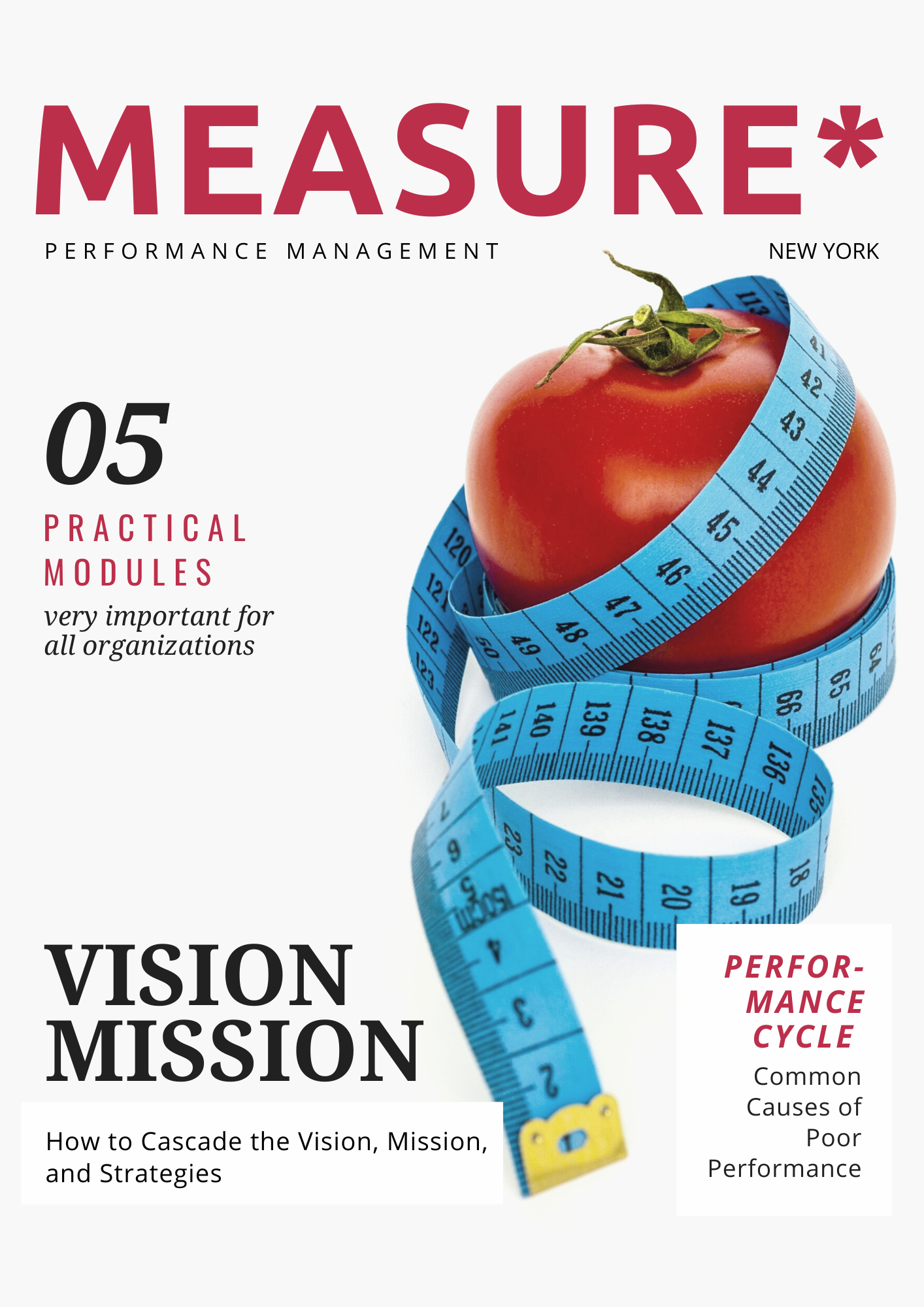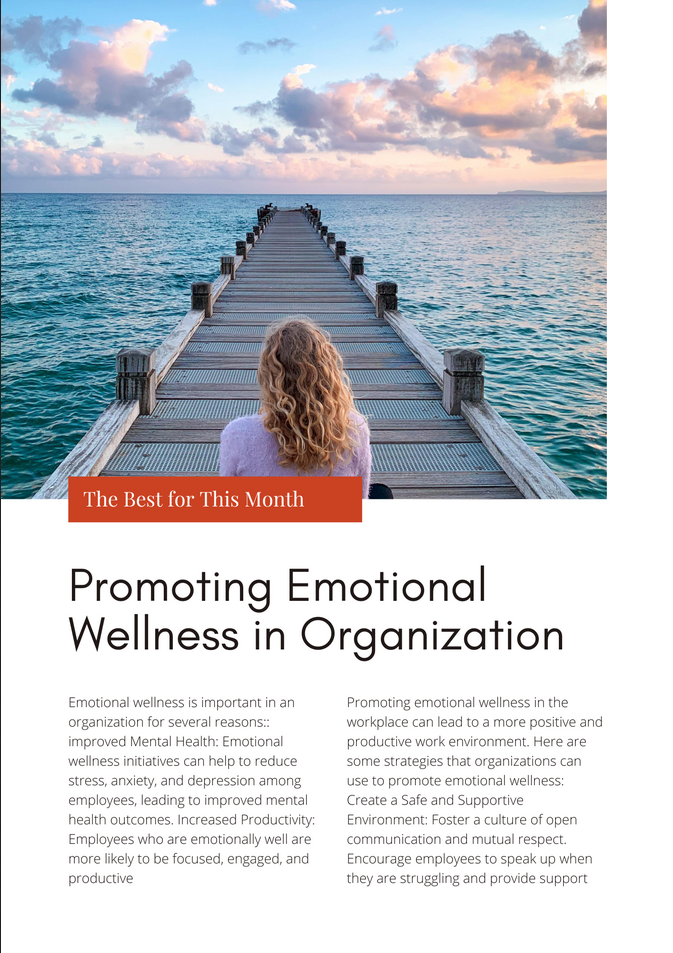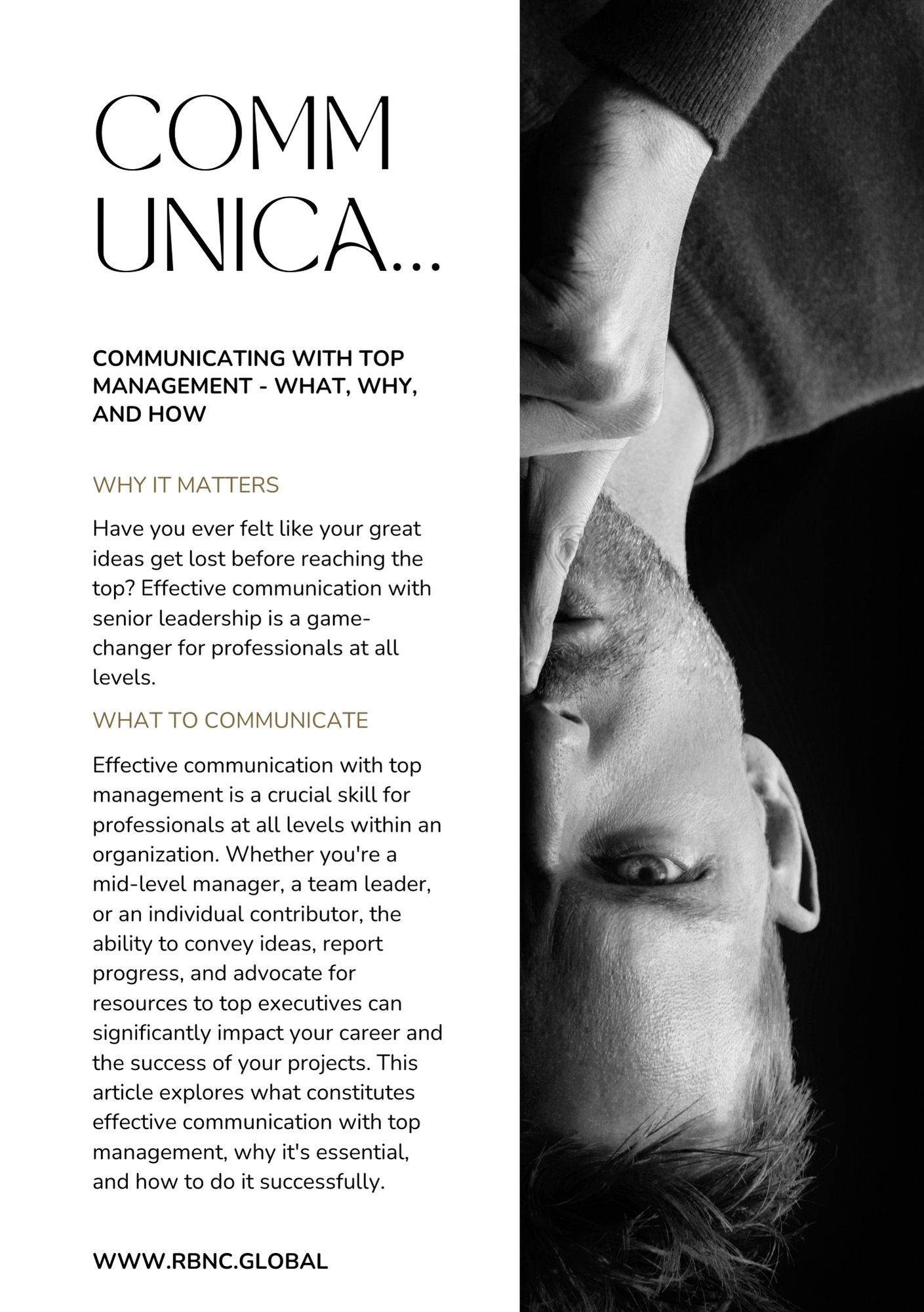CXO Coaching Elevates Executive Potential: The What-Why-How
In the fast-evolving business landscape, executives at the CXO level—CEOs, CFOs, COOs, and other C-suite leaders—face increasingly complex challenges. From navigating organizational transformations to driving strategic innovation, the expectations placed on top leaders are higher than ever. To meet these demands, many executives turn to CXO coaching, a powerful tool for enhancing leadership capabilities, improving decision-making, and unlocking untapped potential.
KEY POINTS
- Personalized Development for Complex Challenges: CXO coaching is a tailored approach specifically designed for C-suite executives, addressing the unique complexities and high expectations they face in today's business environment. It's not generic training, but a personalized process.
- Enhancement of Key Leadership Competencies: The coaching process focuses on developing crucial skills for CXOs, including strategic thinking, decision-making, emotional intelligence, resilience, innovation, stakeholder management, and work-life integration. It aims to improve their overall leadership effectiveness.
- Driving Organizational Success: Ultimately, CXO coaching benefits the entire organization by strengthening leadership, improving decision-making, fostering innovation, and enhancing stakeholder relationships, all of which contribute to sustainable business success and growth.
Understanding CXO Coaching
CXO coaching is a tailored, high-impact development process designed specifically for senior executives. Unlike traditional training programs that focus on general leadership skills, CXO coaching is a personalized and results-driven approach that addresses the unique challenges faced by top-level executives. The process involves working with an experienced coach who provides strategic guidance, objective insights, and accountability, helping leaders maximize their effectiveness.
The coaching journey typically includes:
- Self-awareness and assessment: Understanding one’s leadership style, strengths, and areas for growth.
- Strategic goal-setting: Defining clear objectives aligned with business priorities.
- Skill development: Enhancing critical competencies such as emotional intelligence, resilience, and communication.
- Real-time feedback and reflection: Applying learning in real-world scenarios and adjusting strategies accordingly.
Key Benefits of CXO Coaching
1. Enhancing Leadership Effectiveness
A CXO’s ability to lead effectively determines the overall success of an organization. Coaching helps executives develop a deeper understanding of their leadership impact and refine their approach to inspire teams, drive engagement, and foster a high-performance culture.
For example, a CEO struggling with team alignment may benefit from coaching to enhance communication strategies and build stronger relationships with key stakeholders. By refining leadership behaviors, CXOs can create a more cohesive and motivated workforce.
2. Strengthening Decision-Making and Strategic Thinking
At the C-suite level, decision-making is often high-stakes, requiring a balance of data-driven insights and intuitive judgment. Coaching provides a structured framework for refining decision-making processes, helping executives evaluate risks, explore alternative perspectives, and make more informed choices.
Through targeted coaching interventions, CXOs can develop a strategic mindset that enables them to anticipate challenges, seize opportunities, and navigate uncertainty with confidence.
3. Building Emotional Intelligence and Resilience
Emotional intelligence (EQ) is a critical leadership trait that influences how executives manage stress, handle conflicts, and connect with their teams. CXO coaching places a strong emphasis on enhancing self-awareness, empathy, and interpersonal skills, allowing leaders to build stronger relationships and foster a positive work environment.
Additionally, coaching helps CXOs cultivate resilience, equipping them with strategies to manage pressure, adapt to change, and sustain high performance despite adversity. Given the ever-increasing complexity of the business world, resilience is a key differentiator for top leaders.
4. Driving Innovation and Transformation
In today’s digital economy, organizations must continuously evolve to remain competitive. CXO coaching encourages leaders to embrace innovation, challenge conventional thinking, and drive transformational change within their companies.
Coaches help executives identify blind spots, explore creative solutions, and build a culture that encourages experimentation. Whether leading a digital transformation initiative or reimagining business models, CXOs who engage in coaching are better equipped to steer their organizations toward long-term success.
5. Improving Stakeholder Management and Influence
A critical aspect of executive leadership is managing relationships with various stakeholders, including board members, investors, employees, and customers. CXO coaching hones executives’ ability to communicate vision effectively, negotiate complex deals, and build trust across all levels of the organization.
By refining their executive presence and influence skills, CXOs can strengthen stakeholder engagement, align interests, and drive organizational momentum in the right direction.
6. Achieving Work-Life Integration and Sustainable Performance
Leadership at the CXO level can be demanding, often leading to burnout and work-life imbalances. CXO coaching helps executives develop strategies to manage their time effectively, set boundaries, and maintain overall well-being while sustaining peak performance.
By promoting a holistic approach to success, coaching enables leaders to thrive both professionally and personally, fostering long-term career satisfaction and impact.
Implementing CXO Coaching in Organizations
For organizations looking to leverage CXO coaching as a strategic development tool, the following steps can be taken:
- Identify Coaching Needs: Assess leadership gaps and determine key areas where coaching can provide the most impact.
- Select the Right Coach: Choose a coach with extensive experience in executive leadership, industry knowledge, and a proven track record of success.
- Define Clear Objectives: Establish measurable goals and success criteria to ensure the coaching process aligns with business priorities.
- Foster a Coaching Culture: Encourage continuous learning and development by integrating coaching into leadership development programs.
- Measure Impact: Regularly evaluate coaching outcomes through feedback, performance metrics, and behavioural changes observed in executives.
Conclusion
CXO coaching is a powerful investment in leadership excellence, providing top executives with the tools, insights, and strategies needed to elevate their potential. By enhancing leadership effectiveness, strengthening decision-making, fostering innovation, and improving stakeholder relationships, coaching helps CXOs drive sustainable business success.
In a world where leadership demands are constantly evolving, CXO coaching is no longer a luxury—it is a necessity. Organizations that prioritize executive development through coaching will be better positioned to navigate complexity, seize opportunities, and achieve long-term growth. For CXOs committed to unlocking their full potential, engaging in coaching is a game-changer that can redefine their leadership trajectory and organizational impact.









